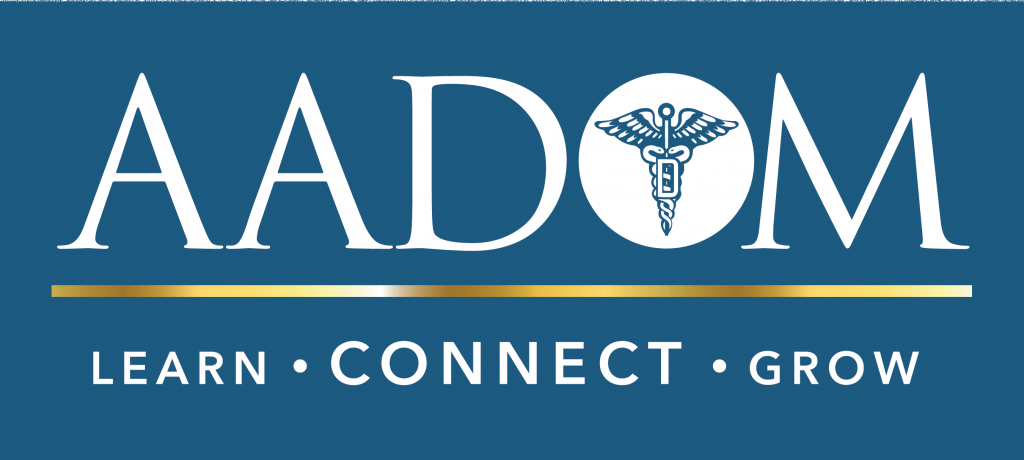TMJ AND ITS PAIN
Temporomandibular joint or TMJ is a joint between maxilla, the upper jaw and mandible, the lower jaw and acts like a sliding hinge, connecting your jawbone to your skull. You have one joint on each side of your jaw
.
TMJ disorders — a type of temporomandibular disorder or TMD — can cause pain in your jaw joint and in the muscles that control jaw movement and collectively many disorders of TMJ can together be termed as TMJ syndrome.
What are the causes of TMJ Syndrome?
- injury to the mouth or the jaws, during an accident or a fight.
- It is also seen in cases of bruxism or involuntary teeth grinding at night.
- Disease like Arthritis also causes TMJ pain.
- Stress can also increase the muscle tension in your mouth causing voluntary or involuntary clenching of the jaws. Women are said to be at a high risk in this disease.
- If you have a habit of chewing gums, then you might be susceptible to TMJ syndrome over a long period of time.
What are the common symptoms of TMJ syndrome?
- TMJ syndrome is associated with pain in the jaws, clicking sound and popping while opening and closing the jaws.
- The disorder can also lead to severe ear ache, headache, shoulder pain or even popping sound in ears.
- After a few days, one can feel stiffness of jaws and the muscles start to sore.
- People can also have frequent episodes of lock jaws due to locking of the joints .
Management of TMJ Pain and Treatment Plans
The treatment of TMJ syndrome has both a local approach and a medical approach.
- The home remedies include
- using ice packs at the joint area to ease the pain.
- Eating soft food or liquid diets can help in preventing stress on the joints.
- Massaging the neck and the jaws can also provide some relief from pain.
- The medical treatment done in such cases include Dental splints, also called as occlusal splints or bite guards, a kind of appliance that prevents the grinding of teeth at night thereby preventing pressure on the joints.
- Physical therapy can also be advised to the patients which helps in muscle strengthening and flexibility. Acupuncture at the site of trigger point can also help in easing the pain
- In severe cases, surgery of the jaw needs to be performed. TMJ arthroscopy is a procedure done in such cases while total joint replacement can also be done in which recovery takes one month.
If you or anyone you know has any symptoms or related issues with joint pain or pain that is not subsiding with no no teeth issues, then this might be the underlying cause. Get a consultation at TODAYS DENTAL on the joint pain that you are suffering from and get a clear insight to what it is. We are here at your service with the best of our facilities.






An intriguing discussion is definitely worth comment. Theres no doubt that that you should write more on this subject, it might not be a taboo subject but usually people dont talk about these topics. To the next! Best wishes!!